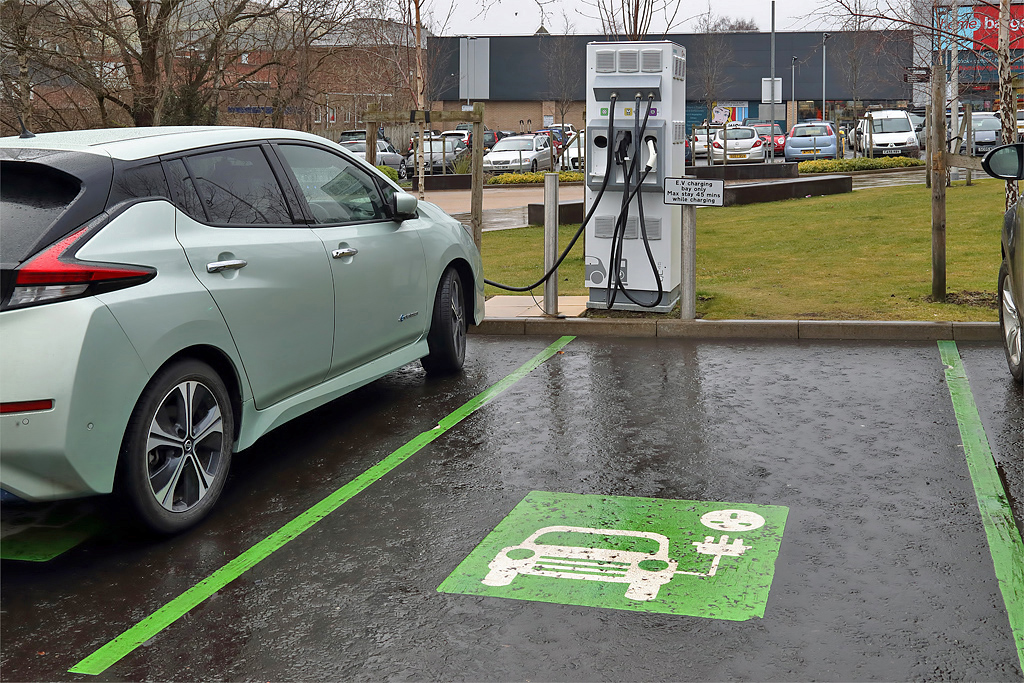Well here we are with a new government, a new business minister, a new environment minister, and a new transport minister – again. With so much change afoot, it’s difficult to keep track of what’s happening in the net zero space. Fortunately, DecarboniseNow has you covered. From now on, we’ll be running regular updates on our campaign and progress in the wider world for our vision of clean decarbonised transport.
So, broadly, where are we at? New transport secretary Mark Harper is no stranger to net zero, being a former member of the Conservative Environment Network caucus. He has also written about net zero at length previously, and was an early supporter of the net zero target. Equally, previous transport secretary Grant Shapps now fills the Business Secretary role – hopefully all the lessons learned from transport decarbonisation will equip him for the challenges of power, heat and industrial decarbonisation.
The supply chains of electric vehicles have unexpectedly come under media scrutiny this month, with MINI’s extremely disappointing decision to uproot production of electric vehicles from its Oxford plant to China. The existing production facilities for petrol vehicles remain open – hopefully this offers to keep the door ajar for electric vehicle production to return. The move to China is not only disappointing for keeping supply chains in Britain, but environmental and labour practises in a Chinese factory, not to mention shipping cars halfway around the world to the UK, is a backwards step on cleaning up the sustainability of car production, even EVs. Britishvolt too suffered a near collapse, only to be rescued at the eleventh hour. The battle to keep electric vehicle production in Britain looks far from over, and policy will have to find creative ways to keep British industry competitive. One bright spot however did finally occur, with the Teeside industrial cluster looking set to become the first lithium refinery outside of Asia. We hope this will be used as an opportunity to bring more transparency and sustainability to the lithium supply chain.

Beyond new governments and supply chains, where is DecarboniseNow at this month? Currently, the response to the Zero Emission Vehicle mandate from earlier in the year has not been released. Our main focus will be next steps for ramping up electric vehicles uptake through the mandate, with the mandate getting ready for its launch in 2024 by being as ambitious as it needs to be. Other core priorities will be making sure charging infrastructure catches up, what we can do to help with the above supply chain issues, keeping charging for EVs smart and stress free on the electricity grid, further work on reducing the share of hybrids in the mix, and continuing the trials for emission free HGVs. There’s plenty to keep up with as we head into the Winter!
This will hopefully be the first of many monthly updates here at DN. You can keep up automatically in future by clicking the ‘Follow’ button in the bottom right and entering your email. Stay tuned as we head into Christmas and 2023!


